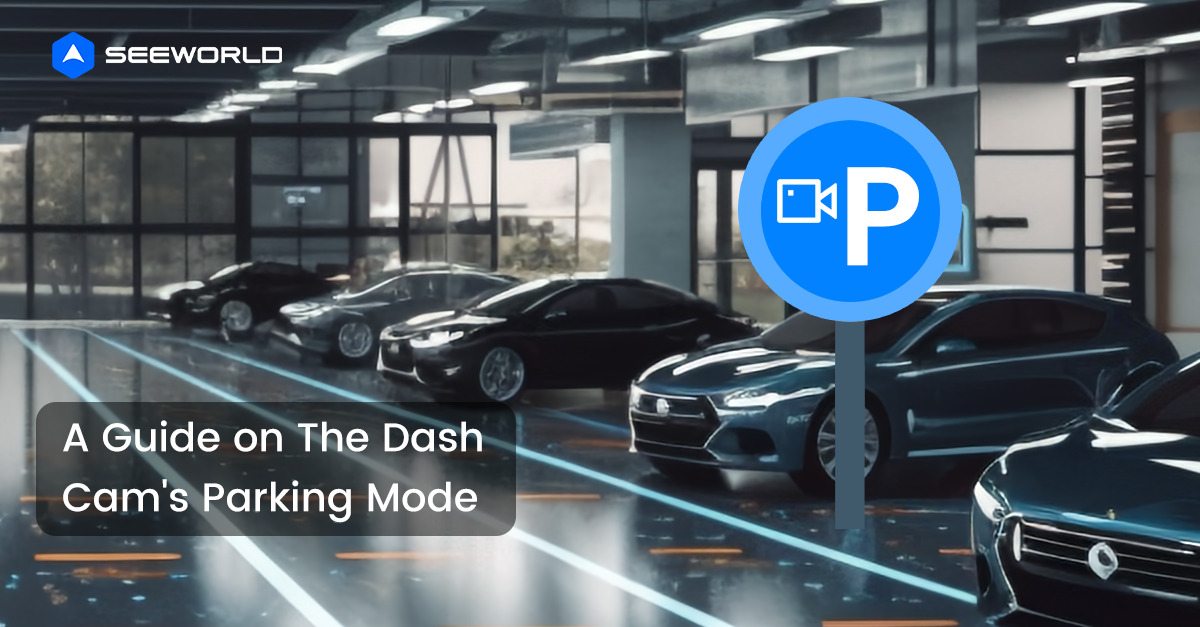In the realm of transport technology, recognizing your fleet’s requirements and identifying how your company can maximize the advantages of novel technologies is crucial.
GPS fleet tracking, more than just mere map markers, is a proven technology.
To fully leverage GPS tracking, it’s essential to first grasp its benefits and then evaluate how they align with your business objectives.
Enhanced Safety Measures
Ensuring driver safety is undeniably paramount for your company. While having vehicles in top condition is vital, it’s equally important to keep a check on driver behavior and guarantee adherence to safe driving standards.
Most fleet tracking solutions provide digital maintenance tools, allowing you to set up maintenance reminders based on odometer readings or preset schedules.
Digital inspection and maintenance protocols let drivers and technicians report issues, leading to immediate actions.
Many GPS devices feature accelerometers, notifying both drivers and supervisors of unsafe driving habits like abrupt braking, rapid acceleration, sharp turns, and speeding.
AI-integrated dashcams provide deeper insights into distractions, following too closely, or even running red lights.
Using this information, fleets can establish reward systems, acknowledging outstanding drivers and motivating others to enhance their driving skills.
Enhancing Student Safety
In the United States, around 26 million children use about 480,000 school buses for daily transport to and from school, making the school bus network twice as large as all other transportation methods combined.
However, current safety measures are mostly dependent on human intervention and are limited in scope.
Recent incidents, including students being left unattended on buses for long periods, bus accidents, and child abductions, highlight the need for improved safety protocols.
Various government entities now require GPS trackers on school buses to enhance child safety.
These trackers can integrate various wired and wireless accessories, enabling real-time data collection and sharing. This technology keeps schools and parents continuously updated on the children’s locations, greatly improving student safety during their commutes.
Reduce Fuel Expenditure
The GPS tracking system that provides fuel expenses is a major benefit for transport businesses.
With GPS monitoring, fleet managers can discern vehicle operation patterns. Unwanted behaviors, like speeding or abrupt acceleration, can diminish fuel efficiency.
Any unauthorized usage can escalate fuel expenses. GPS systems can notify the management of such uses through time-bound restrictions and scheduling tools.
Additionally, ensuring drivers follow the shortest routes optimizes fuel consumption. Route planning and dispatch tools help assign tasks to the closest vehicle, ensuring fuel-efficient routes.
Reduce Operation Cost
Real-time data access enables organizations to make well-informed decisions, subsequently lowering operational expenses.
Immediate data availability allows swift problem identification and resolution, preventing potential long-term costs.
GPS devices facilitate digital transitions, ensuring efficient data collection and storage. Centralizing processes like pre-trip inspections, task assignments, and delivery confirmations helps in focusing on primary tasks without administrative hassles.
Boost in Efficiency
Elevating productivity leads to significant time and cost savings. With GPS fleet monitoring, companies can oversee the duration spent at job locations or loading areas, ensuring optimal driver productivity. Assigning the closest vehicle for tasks eliminates wastage.
Digitizing key operations further augments productivity. Features like proof-of-delivery and customizable digital forms, inclusive of electronic signatures, simplify processes like payroll, billing, and inventory management.
Risk Management in Auto Finance Business
The use of GPS locators in cars plays a crucial role in managing and mitigating risks in auto finance. Many car loan mortgage companies employ these devices as a means of security and reassurance after granting a loan. The evolving technology of car GPS systems offers both benefits and challenges to the auto finance industry.
Particularly in post-loan management, the GPS vehicle monitoring system has become an essential component. Tracking and real-time monitoring of mortgaged vehicles via GPS locators are vital for effective risk management following the issuance of a loan.
Recovery From Theft
Vehicles and equipment represent significant investments for your business. Hence, theft recovery stands out as a primary advantage of GPS monitoring.
With GPS systems in place, you can constantly track your assets and establish expected usage schedules, promptly detecting any anomalies.
Receive immediate notifications if a vehicle or equipment deviates from its expected location or operational hours. In case of theft, the tracking capability aids law enforcement in asset retrieval, thereby minimizing replacement and insurance expenses.
Benefits for the Logistics Industry
Using GPS tracking in competitive areas like the logistics industry is essential for staying ahead.
GPS technology enhances productivity by enabling businesses to track vehicle locations, calculate delivery times and costs, and optimize deliveries based on traffic patterns.
For those managing a large fleet of commercial vehicles, implementing GPS tracker devices and a fleet management system is crucial. This setup not only provides real-time vehicle tracking but also monitors driver productivity, ensuring optimal performance within allotted timeframes
Keep Your Family Members Safe
Portable GPS trackers have a wide range of benefits outside of fleets.
- Tracking Pets: Losing a pet is distressing. GPS trackers can be attached to pet collars, offering peace of mind by tracking their whereabouts, particularly useful for adventurous dogs and cats prone to getting lost or scared.
- Monitoring Elderly Relatives: For seniors with dementia or memory issues, a GPS tracker can help keep them safe. It assists in locating them if they become disoriented or lost, reducing stress for caregivers。
- Keeping Tabs on Children: For parents worried about their children getting lost or not following rules, a GPS tracker in a child’s backpack can provide real-time location updates, enhancing safety and peace of mind.



